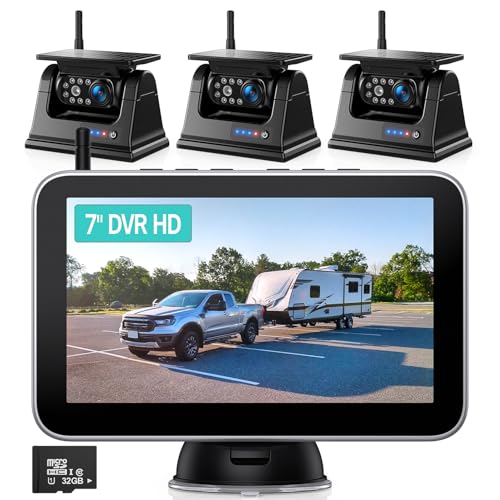LizardLady'sLittleLife
Member
- Joined
- Mar 25, 2016
- Messages
- 6
- Reaction score
- 0
Brand new to solar. Been using a little Rally power pack that I can charge via house current, 12 volt accessory plug-in, or even hand crank.
Been looking at a solar kit that comes with a 400 watt battery pack and a 20 watt solar panel. Some of the reviews say you actually should have a 30 or 40 watt solar panel instead. I know the battery watts refer to how much power the battery can store, but what do the solar panel watts mean?
Thanks for helping me begin to understand this. ?
Been looking at a solar kit that comes with a 400 watt battery pack and a 20 watt solar panel. Some of the reviews say you actually should have a 30 or 40 watt solar panel instead. I know the battery watts refer to how much power the battery can store, but what do the solar panel watts mean?
Thanks for helping me begin to understand this. ?

























